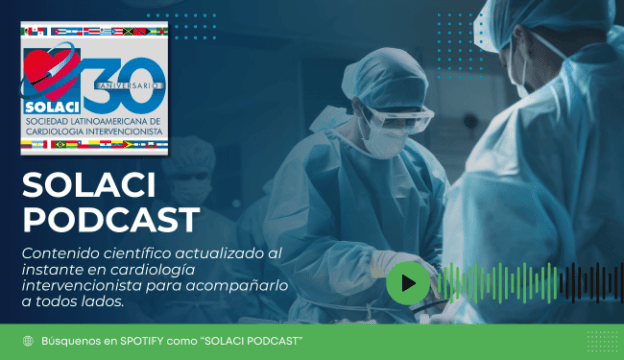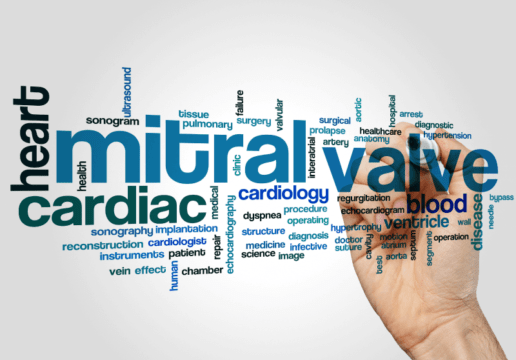Original title: Arterial access site utilization in cardiogenic shock in the United Kingdom: Is radial access feasible? Reference: Mamas A. Mamas, et al. Am Heart J 2014;167:900-08
Cardiogenic shock in the context of acute myocardial infarction is associated with high mortality, and represents approximately 10% of major bleeding complications. Radial Access reduces mortality mainly by reducing bleeding; however, AMI patients complicated with CS undergoing PCI via radial access have only been assessed in small studies.
This study analyzed 7231 PCI patients hospitalized with AMI complicated with CS, in UK. 1877 (35%) received radial access and 5354 (64%) femoral access.
Baseline characteristics were similar, although those approached by femoral access site were mostly women, diabetic, requiring higher inotropic support or intraaortic balloon counterpulsation and mechanical ventilation.
Global mortality at 30 days was 36.3% for the whole cohort, 24.7% for the radial access group vs. 39.8% for the femoral access group (p<0.01). This difference was also maintained at 12 months.
After propensity score matching was applied to eliminate possible confusing factors, 1402 patients remained in each group for final analysis, and significant lower mortality was observed in the radial Access group at 30 days (22.8% vs 29.9% p<0.001).
Major bleeding rate was also lower in the radial access group. (1.5% vs 3.5%; p<0.0001). The radial access site resulted an independent predictor of lower event rates at 30 days and this benefit was observed at a time when more than 50% of cases at this center were performed via radial approach.
Conclusion
Even though most of PCI procedure in CS patients in UK are performed via femoral approach, the radial approach has become a feasible alternative for this high risk population in experienced centers.
Editorial Comment
The safety and efficacy of the radial access site had been shown in other scenarios but it had not been correctly assessed for this group of patients. This study has shown the radial access site is safe and can reduce mayor bleeding and mortality also in the difficult scenario of cardiogenic shock. Nevertheless, it demands highly trained, expert operators.
Courtesy of Dr. Carlos Fava
Interventional Cardiologist
Favaloro Foundation – Buenos Aires
Dr. Carlos Fava para SOLACI.ORG





